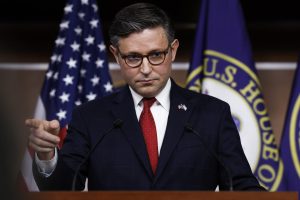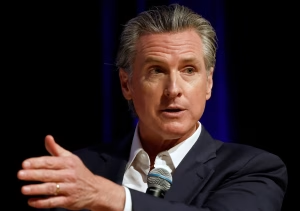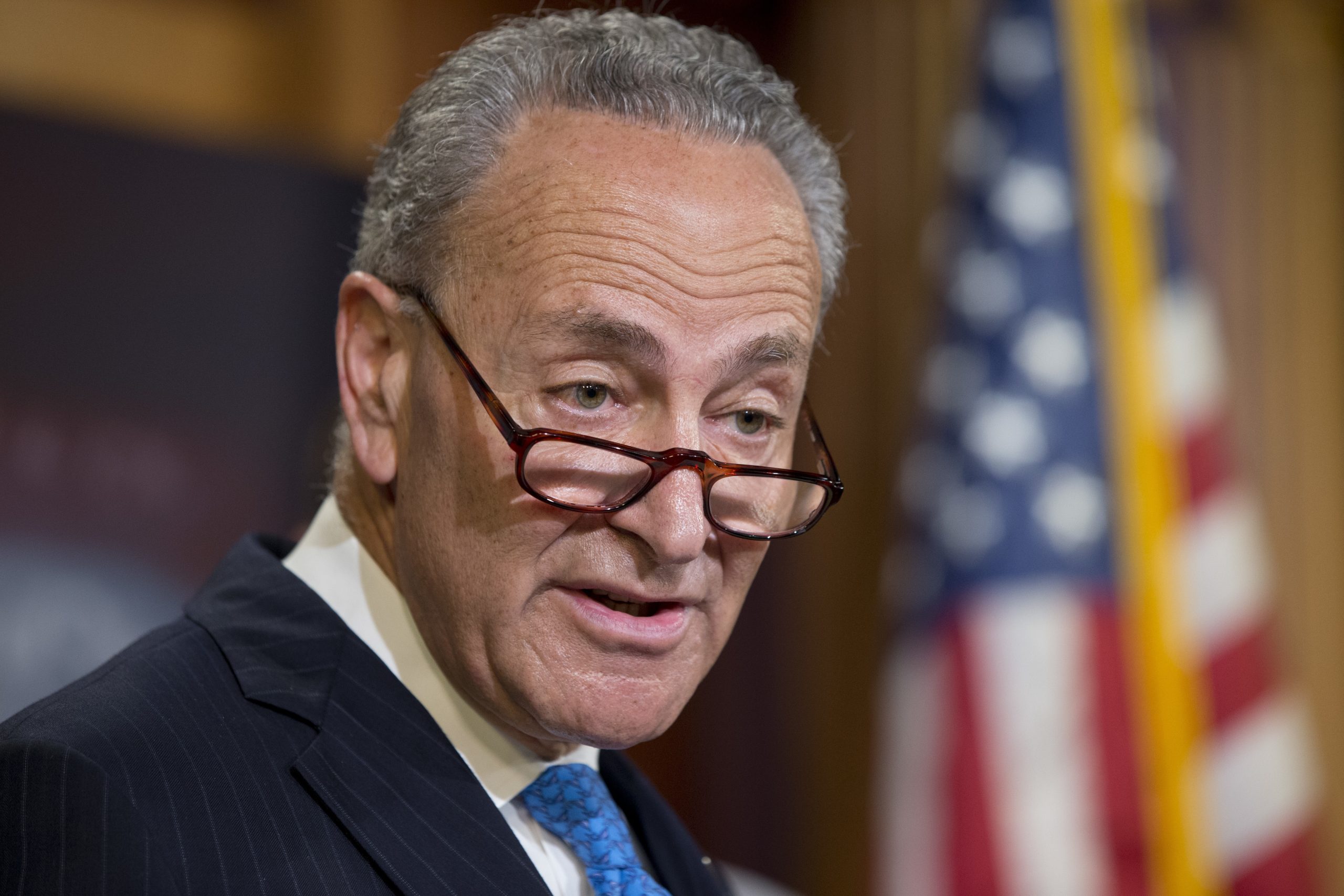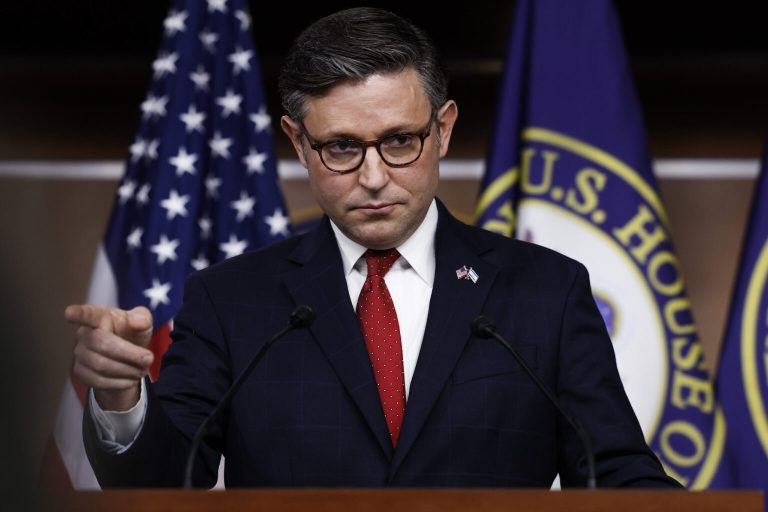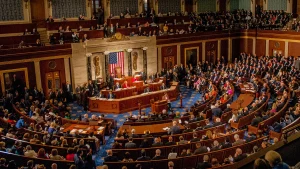As the federal government shutdown stretches into its second week, healthcare providers who serve U.S. military members and their families are reporting growing financial strain and disruptions to patient care — especially in cities with large defense communities such as San Antonio, Texas.
Clinics and doctors working with the TRICARE health insurance program say they have not received payments for services since the funding lapse began on October 1, raising concerns about access to care for active-duty personnel, retirees, and their dependents.
The Defense Health Agency (DHA) confirmed that while beneficiaries can still receive medical care and fill prescriptions, payments to civilian providers have been suspended until Congress approves new funding.
Impact Felt in “Military City USA”
San Antonio — home to Joint Base San Antonio (JBSA), the largest joint military installation in the United States — has become one of the areas most affected by the impasse. JBSA includes Lackland Air Force Base, Randolph Air Force Base, Fort Sam Houston, and Camp Bullis, supporting tens of thousands of service members and their families.
“This is already taking a toll,” said Dr. Britt Sims, Executive Director of Integrated Behavior Solutions, a clinic that provides therapy for children with developmental disorders. “We can last a couple of weeks on what I have personally, but now I’m done. I’m spent.”
Another provider, Dr. Gia Koehne, who operates the Blossom Center for Children, echoed those concerns. “Because of all of this, everything is completely stalled and halted,” she told local reporters. “We have a lot of families that need services, and we just don’t have the capacity to do that, because we’re not getting paid.”
For many smaller practices, especially those that rely heavily on TRICARE reimbursements, even short delays can create severe operational challenges. Some say they are already considering furloughing staff or temporarily reducing services until payments resume.
The Political Standoff Behind the Shutdown
The government shutdown began when lawmakers failed to agree on a new funding measure by the start of the fiscal year. The dispute centers on budget priorities and healthcare funding, with Senate Democrats seeking to include an extension of Affordable Care Act (ACA) subsidies in any agreement to reopen the government.
Republicans have branded the funding lapse the “Schumer shutdown,” after Senate Majority Leader Chuck Schumer, arguing that Democrats’ insistence on healthcare provisions is preventing a deal. Democrats counter that Republican negotiators and the White House rejected bipartisan offers to fund the government without cutting social programs.
In a statement, Schumer’s office said the Senate is “ready to work toward a responsible budget agreement that protects healthcare access and keeps essential services funded.”
Military Pay and Emergency Measures
While some government services have been halted, the Trump administration announced over the weekend that it would ensure U.S. military personnel continue to receive pay despite the shutdown. Officials said the administration plans to reallocate unused funds from other federal programs — including research and development accounts — to cover payroll for active-duty troops until new appropriations are passed.
President Donald Trump wrote on Truth Social that he would not allow troops to miss a paycheck, saying he had directed Secretary of War Pete Hegseth to “use all available funds to get our troops paid.”
“We have identified funds to do this,” Trump said. “The Radical Left Democrats should open the government, and then we can work together to address healthcare and many other things.”
The move drew mixed reactions on Capitol Hill. Some lawmakers praised the administration for protecting military families from financial hardship, while others questioned whether such reallocation of funds is legally sustainable if the shutdown continues for several more weeks.
TRICARE Confirms Payment Delays
In a public notice issued at the start of the shutdown, TRICARE told beneficiaries they could continue receiving care and filling prescriptions but warned of processing delays for new claims.
“TRICARE may not be able to process or pay medical claims received on or after October 1, 2025, until funding is restored,” the organization said in a statement. “We understand this may cause concern and inconvenience, and we sincerely regret the disruption.”
The Defense Health Agency added that it is working with TRICARE contractors to keep providers informed and to resume full operations “as quickly as possible once appropriations are enacted.”
Doctors and Families Left Waiting
For families who rely on ongoing care — particularly for children with special needs or chronic conditions — the uncertainty is proving stressful.
“These parents are already stretched thin,” Dr. Sims said. “When funding stops, therapy stops, progress stops. These kids can’t just wait for Congress to get its act together.”
Military retirees, who often depend on TRICARE for long-term or specialized care, are also feeling the effects. Some have postponed elective procedures or delayed follow-up visits until the funding situation stabilizes.
Local advocacy groups in Texas and Virginia have begun organizing emergency assistance for affected families and urging lawmakers to prioritize healthcare payments even during funding disputes.
Pressure Mounts on Both Parties
The growing backlash from military communities has intensified calls for both parties to reach a compromise. Public opinion polls show frustration with Congress rising sharply, as ordinary Americans — including federal workers and service members — bear the consequences of the stalemate.
Political analysts note that while shutdowns are often blamed on one party or another, both sides tend to suffer politically as the public grows weary of dysfunction.
“This kind of prolonged shutdown erodes confidence in government institutions,” said Dr. Karen Mathews, a political science professor at the University of Texas at Austin. “When it starts affecting the military and healthcare, that frustration cuts across partisan lines.”
Outlook
Negotiations to end the shutdown resumed this week, with Senate moderates from both parties exploring a temporary funding extension to allow further debate on healthcare and budget priorities. But with the two chambers still divided over key provisions, a breakthrough may not come immediately.
In the meantime, healthcare providers like Sims and Koehne say they are simply trying to keep their doors open.
“I’ve got families depending on me,” Sims said. “We’ll do everything we can for as long as we can. But this can’t go on forever.”

Sarah Mitchell is a bestselling novelist recognized for her insightful and emotionally resonant stories that explore the complexities of human relationships. Originally from Denver, Colorado, Sarah grew up in a family of teachers who nurtured her curiosity and love for storytelling. She studied psychology at Stanford University, where she became fascinated by the intricacies of human behavior—an interest that would later shape her writing career. Sarah’s novels are praised for their nuanced characters, intricate plots, and ability to capture the subtle tensions that define love, friendship, and family ties. Her breakthrough novel, The Spaces Between Us, became an instant bestseller, lauded for its honest portrayal of strained family relationships and the fragile bonds that hold people together. Since then, she has published several works that continue to captivate audiences around the world. Outside of her writing career, Sarah is passionate about mental health advocacy and often partners with organizations to promote awareness and support for those struggling with emotional well-being. Her personal life is quieter—she enjoys hiking in the Colorado mountains, practicing yoga, and spending time with close friends. With each new book, Sarah Mitchell cements her reputation as a writer who illuminates the beauty and struggles of human connection.

